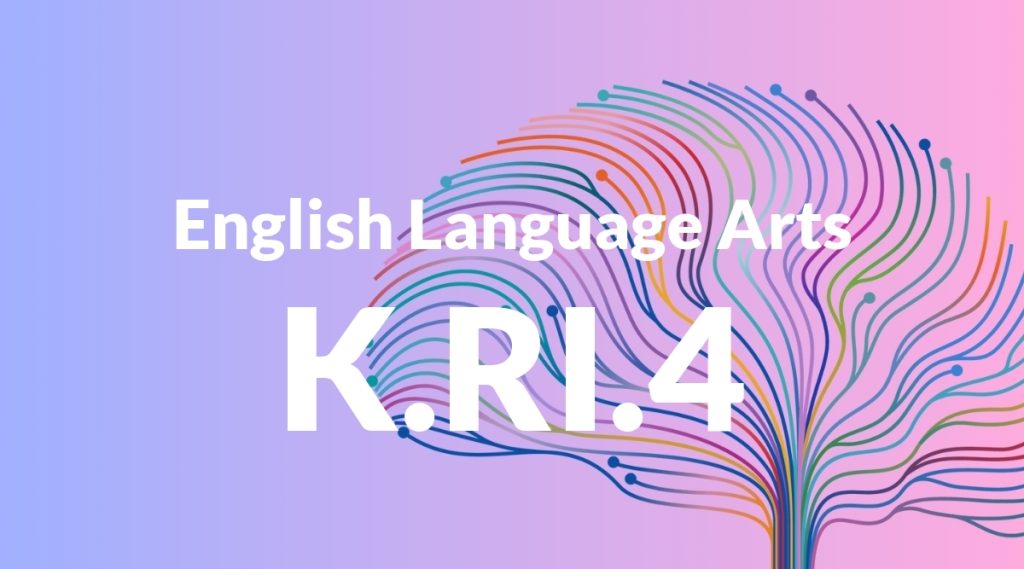Standard: K.RI.4 – With prompting and support, ask and answer questions about unknown words in a text.
Grade level: Kindergarten
Subject: English Language Arts
Domain: Reading: Informational Text
Teacher Overview
This standard emphasizes the importance of students asking and answering questions about unknown words in a text, with support. It is crucial for developing vocabulary and comprehension skills, which are foundational for reading proficiency. Students should be familiar with basic question words and have experience discussing simple stories or texts.
After mastering this standard, students will be able to independently ask questions about unknown words and use context to infer meanings, enhancing their vocabulary and comprehension.
Common Misconception 1
Some students may feel they should understand all words without asking for help. This misconception can hinder learning as it prevents them from seeking clarification.
Intervention 1
Create a supportive environment where asking questions is encouraged. Use think-aloud strategies to show how to inquire about unknown words.
Common Misconception 2
Students might think guessing the meaning of a word without context is enough. This can lead to misunderstandings and incorrect word usage.
Intervention 2
Teach students to rely on context clues and illustrations. Provide guided practice and feedback to reinforce this strategy.
Prerequisite Knowledge
Students should be familiar with basic question words like ‘what,’ ‘who,’ and ‘where.’ They should also have experience with listening to and discussing simple stories or texts.
Subsequent Knowledge
Students will develop the ability to independently ask questions about unknown words and use context clues to infer meanings. They will also build a broader vocabulary and improve comprehension skills.
Instructional Activities
- Read a storybook aloud and pause to ask about unknown words.
- Use picture books to identify and discuss new vocabulary.
- Create a word wall with new words and their meanings.
- Play vocabulary games like ‘Word Detective’ to find and explain new words.
- Have students draw pictures of new words and share their meanings.




